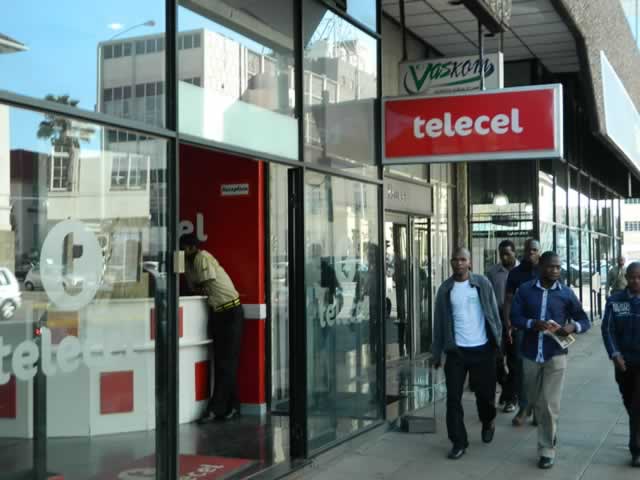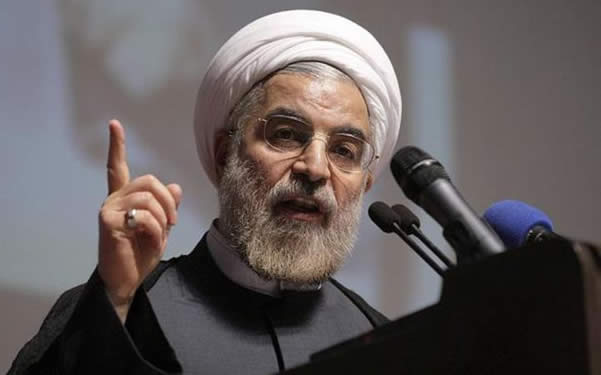Telecel appeals High Court order

Golden Sibanda Senior Business Reporter
Telecel Zimbabwe has appealed against part of a High Court order directing the company to hand over all copies of resolutions passed by its board from March 2010 to date to Empowerment Corporation shareholder Dr Jane Mutasa.
In its notice on the grounds of appeal, Telecel Zimbabwe, has also appealed against the court’s directive that it hands over all minutes of deliberations by board between the same period to Dr Mutasa.
Dr Mutasa needed copies containing details of resolutions and minutes passed after her ouster as acting board chairperson to contest legality of the actions.
She was booted out in 2010 but she argues the ouster is null and void after the Attorney General’s office declined to prosecute her citing lack of incriminating evidence against fraud charges.
Dr Mutasa also requires the copies of the resolutions and minutes of the board to contest the company’s plans to abolish the post of acting board chairperson at Telecel.
Telecel contested the ruling that it must pay Dr Mutasa, a shareholder in Empowerment Corporation, a shareholder in Telecel Zimbabwe for the cost of the lawsuit, which went in Dr Mutasa’s favour.
Telecel said that part of the High Court judgment supported that respondents; Telecel, Telecel Global director Kai Uebach and former chief executive Mr Aimable Mpore had ceased to be part of the litigation.
Telecel Global is the controlling shareholder, with 60 percent stake, in the telecoms company while Empowerment Corporation holds the balance of 40 percent.
The company argued that the court ruled without prior regard to High Court rule 88 on the provision consequential on making of order under High Court rule 87.
“The court a quo, accordingly misdirected itself in fact and law in making an order against a part that was not before the court, until High Court rule 88 had been complied with. The court a quo, accordingly misdirected itself in fact and law in making an order placing an onerous burden on a part before and who had not been heard,” Telecel said in its heads of argument.
Further, Telecel argued that the High Court had erred in law in the exercise of its discretion on costs in that they were awarded to applicant in circumstances where applicant had sued an incorrect party or entity, without allowing the firm being sued opportunity to be heard.
The mobile operator also said that the court misdirected itself in fact and law by not adjudicating parties’ rights and obligations in terms of the shareholders’ agreement, salient terms of which were put before the High Court and analysed by the same court.
In seeking nullification of the order Telecel prayed that “the judgment of the court a quo be and is hereby set aside and in its stead, it is hereby ordered that the application is dismissed with costs. In any event, the respondents are awarded the costs of their misjoinder.”











Comments